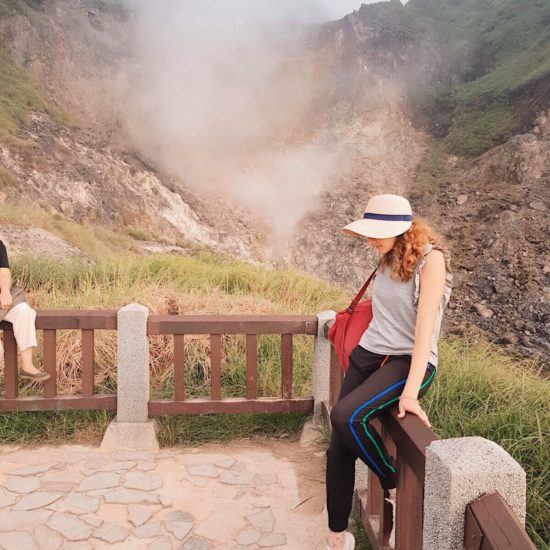Explain yourself. It’s something we are required to do often. In job interviews, on websites, at “networking events” or when simply meeting a friend of a friend. There’s nothing wrong with it, we all crave context, some grounding in the space we inhabit with another, but, for many of us, it can pose challenges. I experienced this the other day when meeting with a potential collaborator and they asked about my background. How did I end up here? What did I do before? Where do I want to go in the future? Valid questions that sent me off rambling, jumping back and forth from idea to idea, my own history jumbled up in my head. I found myself verbally stilted and wished I had found a way to encapsulate my life story a little more succinctly, so I seemed a little less “flighty”. Encounters like these always leave me quietly reeling, shaking my head at myself, muttering at my awkwardness. Wishing I had said something else, expressed myself more eloquently, made my goals and positions more clear.
Verbally stilted — that’s why I prefer the written word. I like the time and space it allows to put one word in front of the other, to go back, to think and ponder, to do my best to “get it right”. But this form of expression is a slowing down of time, as Zadie Smith put it. And that’s not how most of life works. In real-time interactions, we are required to think on our feet, to offer up what’s in our consciousness at that given moment. If not, then we sink. We fall with an empty thud. We haven’t given and will not receive. The interplay of real experience is what gives life when it flows naturally, creates tension when it feels awkward or ignites sparks when it’s charged with meaning or aggression.
Verbally stilted. But I’d like to think that in these stilted moments we crack through our lacquered surface and open up space for vulnerable connection. We allow the other person to see our messiness for a moment, and they have a chance to relate with what they see. And if they don’t? Then, nothing. Then that person is not a natural counter to your flow. You push, and they don’t want to push back. No harm, no foul.
But it’s in these verbally stilted moments that we acquiesce to our primordial, bubbling centers that are full of untapped unconscious thoughts, ideas and lingering experiences we haven’t had time to fully process. Sure, this may be over-intellectualizing it, but in our inarticulateness there is some comfort that the words that come out are somehow relevant. They are doing their best to get an idea out and have it be understood. After all, they are merely cells firing into neural connections firing into thoughts, thoughts that find their way to our mouthes, only to be spun around our tongues and spit out as words. The world can catch them or maybe they fly past and fall beyond our mark. But we have to remember; life gives us more than one chance to get these things called words “right”. We can try again. We can sit down, think about it, come back and write an email, or a letter even. We can call a person up for another conversation. Reveal ourselves, tissue paper layer by tissue paper layer in another meeting. The words that left us shy and flushed with tingling embarrassment now reduced to embers smoldering behind us, warming our backs, generating warmth to face forward.
And the smoldering is a sign that you care. It means that you want to be understood and that you want others to understand. That you value their time and energy and want to lean in closer to get somewhere, together. To eventually open up a space where no explanation is needed, where understanding is granted as a right, where life unfolds in easy silences and knowing glances. This is the place we end up if we can get past the need for perfect explanation, if we let go of the pressing compulsion to”get things right”. If we stop judging our own well-meaning words and trust that the other person will feed off the light we give out and be expansive enough to let the rest fall into place. And if they don’t? Well, we already know the answer to that. Then, they don’t. Then we pour water over our embers and let it wash us free of that interaction, let it pour through us, let it keep us moving.




